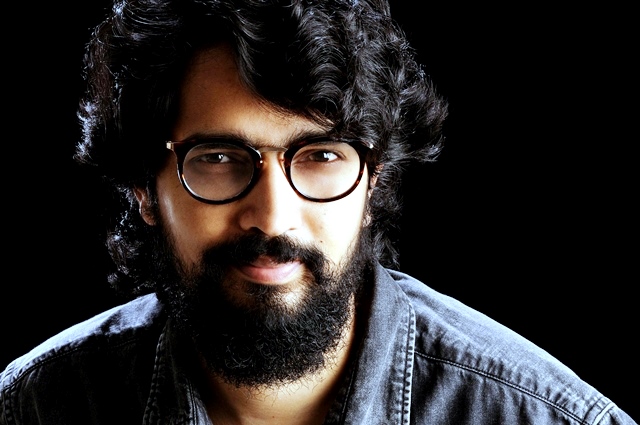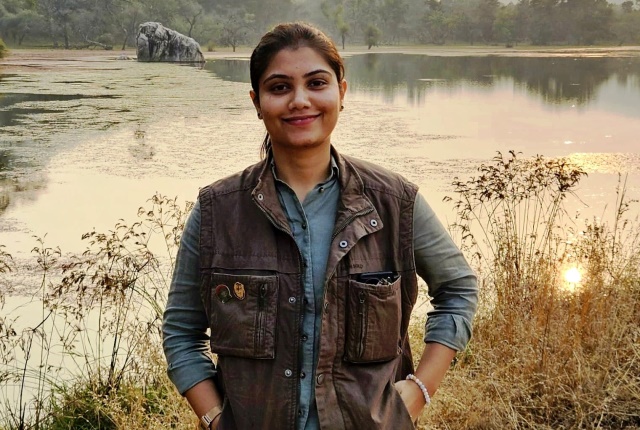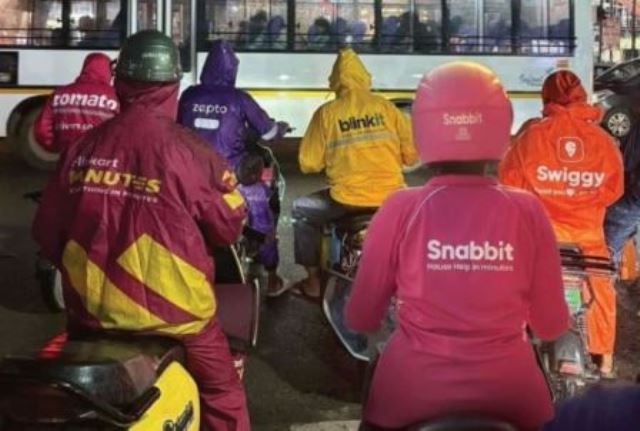
‘Govt Focus is on Vande Bharat & Bullet Train, Not Passenger Safety’
Naren Singh Rao, an academic and lawyer based in Delhi, says Rail Minister’s misplaced priorities are the cause behind rising train disasters. His views:
In another tragic accident, 15 passengers have died, while 60 were injured. Three rear coaches of the Sealdah-bound Kanchanjunga Express, which was stationary, had derailed in district Darjeeling, West Bengal, on June 18. A goods train collided with it – heads-on.
This incident points to a stark reality – the anti-collision system in India is sorely lacking crucial infrastructure. Also, it underscores that Kavach, the ‘made-in-India’ system, aimed at preventing collisions, is yet to be deployed on busier tracks such as that of Darjeeling in the Eastern Railways.
This accident points to the Railways’ abject failure to implement essential safety systems, despite touting advanced technology. This incident could have been averted had the anti-collision system been in place. Surely, the highest echelons of the Railways, including the minister, and bureaucrats, must be held accountable.
The deaths have added to the long list of rail accidents since Ashwini Vaishnav took charge as Railways Minister in 2021. The number is up to 329; this includes the devastating accident in Balasore, Odisha, last year, which led to the death of 296 passengers.
There are major structural problems in nearly every aspect of railway administration. The problems are only multiplying, thanks to the government’s misplaced priorities, downright mismanagement, faulty policies and vision.
The BJP-led regime seems to be more focused on a fake narrative – to garner eyeballs. Despite the crumbling rail infrastructure and a safety system totally in disarray. Instead of addressing the issues relating to essential infrastructure, the government has given priority to expensive trains like Vande Bharat, which cater exclusively to the nouveau riche and upper middle class.
The government has allocated significant funds to elitist projects like bullet trains. Progress on them have been abysmally poor. They are unlikely to make any substantial impact, aside from some PR reports in the sold-out media.
ALSO READ: Modi 3.0 Must Focus on Jobs & Rising Inequity
This is a reflection of a larger decline in political morality. Gone are the days when union ministers were quick to take moral responsibility after a railway accident. After the high moral ground resignation of Lal Bahadur Shastri, then the railways minister in Jawaharlal Nehru’s cabinet, Mamata Banerjee and Nitish Kumar too had resigned. No such ethical position seems possible under the Modi regime.
In the latest accident, predictably, the entire blame is being placed on overworked and underpaid driver and his assistant, who were reportedly forced to work from 9 to 14 hours a day. They are both dead.
The fact is, as in other government services, the railways is recruiting much less than required; there are approximately 18,000 vacancies for drivers and assistant drivers – unfilled for years. This shortage is not unique, since many central government departments face similar crises under the current regime. In any case, mass unemployment, especially among the young, stalks the nation.
The government policies appear to disproportionately favour the wealthy while deliberately neglecting the needs of the poor. One significant example of this prejudiced perspective is the Vande Bharat Express, which caters primarily to affluent passengers. The minimum ticket price for this service is more than Rs 1,000, even for a short journey such as Delhi to Jaipur. Additionally, ambitious projects like the bullet train seem to be geared towards serving the business elite, rather than addressing the transportation needs of the masses.
Compartments classified as second class, typically used by working-class passengers, are being eliminated from various categories of trains. It is now not uncommon to find trains without second class/sleeper class compartments. As a result, the remaining trains with such compartments are suffocatingly crowded, with unhygienic bathrooms, no food or drinking water. The derogatory term, ‘cattle class’, used by Britishers, seems an understatement in the crushing humiliation suffered by ordinary folks in our trains now.
It is a direct consequence of brazen crony capitalism and privatisation of the public sector, which has become a dominant trend under the Modi regime, whereby certain monopolies seem to be ruling the roost.
The narrator has taught at the Indian Institute of Mass Communication and Sri Aurobindo Centre for Arts & Communication. His writes for Mainstream, thecitizen.in, The Wire, countercurrents.org, among other media organisations
As told to Amit Sengupta



